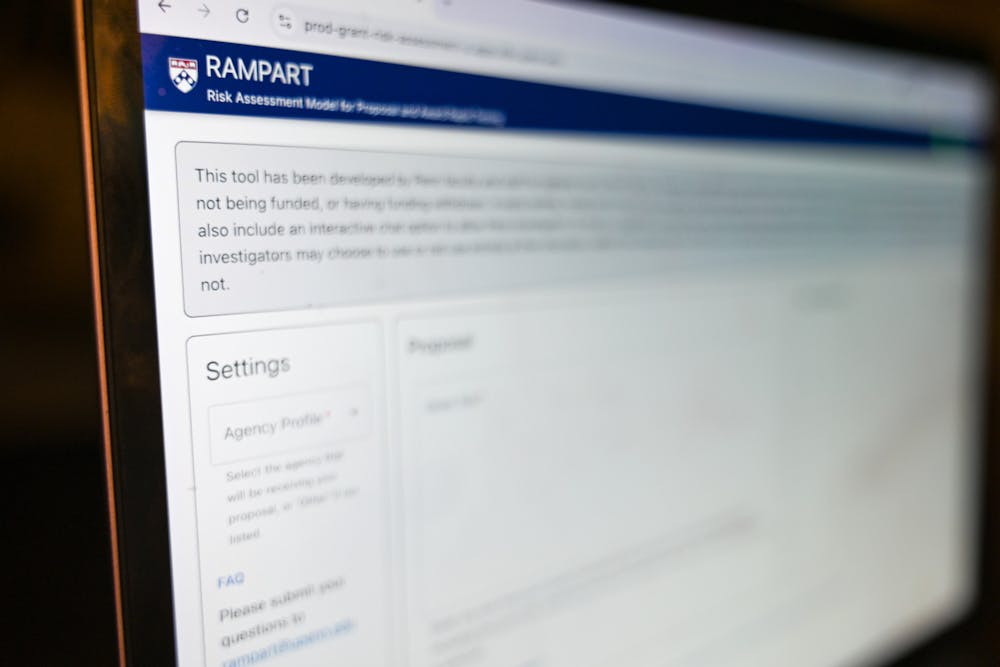The Office of the Vice Provost for Research launched new research tools last week to help researchers navigate recent changes to federal funding.
The tools are intended to help researchers assess the risk of their grant proposals, collaborate with other researchers, and seek out global funding opportunities. Their implementation comes as the federal government has enacted sweeping changes to multiple aspects of higher education — in particular the National Institutes of Health's proposed reduction of indirect cost funding — which could greatly impact Penn and other universities across the country.
In a statement to The Daily Pennsylvanian, Senior Vice Provost for Research Dawn Bonnell wrote that the website is designed to "help our research community navigate change and find funding."
"We all know how important research is to Penn and to the faculty and students who conduct the research," Bonnell wrote. "Their work and often ground-breaking innovations contribute significantly to our community, the city and the world."
RAMPART — the Risk Assessment Model for Proposal and Award Rapid Testing — was developed at the Perelman School of Medicine to assist researchers in identifying and evaluating risks in their grant proposals. The artificial intelligence model includes analyses of language that could cause a project to be “declined, not reviewed, or having funding withdrawn.”
According to the Office for Vice Provost for Research, “this kind of foresight is especially important in light of proposed federal changes that could affect infrastructure support for research.”
The data collected from RAMPART is privately secured within Penn and only accessible via PennKey.
Pivot-RP is another AI-powered search tool that was recently launched that allows researchers to find over 38,000 global funding opportunities and connect with others who have shared academic interests.
RELATED:
Department of Education issues Penn demands after finding University violated Title IX
Penn researchers discuss layoffs, employment threats following federal grant terminations
The tools complement existing platforms available to Penn researchers, including the Student Public Interest Network, which provides access to public and private funding opportunities; InfoReady, which helps researchers comprehend and evaluate internal funding competitions; and the Office of Research Services, which offers guidance on navigating federal research funding.
Penn’s implementation of these enhanced research tools follows a similar development at Brown University. The university began offering Pivot-RP to its research community earlier this month, in addition to one-on-one consultations and group workshops to the research community.
Yesterday, Johns Hopkins University launched similar initiatives, including new support measures for faculty, staff, and students. These include programs for short-term, immediate support to faculty experiencing unexpected interruptions to their work and editorial support for modifying grant proposals moving forward.









